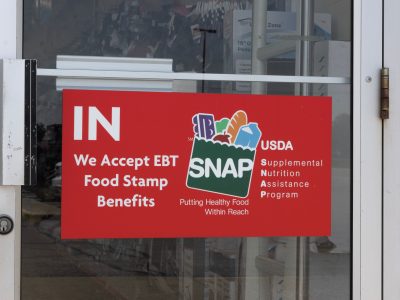P'Nut the Squirrel: Expert Insight on Pets, Politics, and Culture
 Wilson writes: “Pets are a cultural category not a biological one. We single them out from other types of animals for special care, we give them individual names, and we allow them to live in our homes. We consider them to be friends or nonhuman members of our families.
Wilson writes: “Pets are a cultural category not a biological one. We single them out from other types of animals for special care, we give them individual names, and we allow them to live in our homes. We consider them to be friends or nonhuman members of our families.
So it’s not surprising many Americans were outraged when the New York Department of Conservation confiscated and killed “P’Nut” the squirrel. In the years since his owner, Mark Longo, adopted the squirrel, P’Nut had become a social media sensation, garnering thousands of followers on Instagram and TikTok. The confiscation and death even become an issue in the presidential campaign, with Republican vice-presidential candidate J. D. Vance criticized the government’s actions.
Given their personal and cultural importance, politicians and others can also use the specter of pet abuse as a way to antagonize voters. Earlier this year, Vance and former president Donald Trump spread baseless claims about Haitian immigrants in Springfield, Ohio, claiming they were killing and eating dogs and cats. There’s no evidence that Haitian residents were eating these animals. But Vance and Trump knew the mere suggestion of Haitians eating people’s beloved pets would foster animosity against immigrants and bolster their view that they did not belong in the country.”



